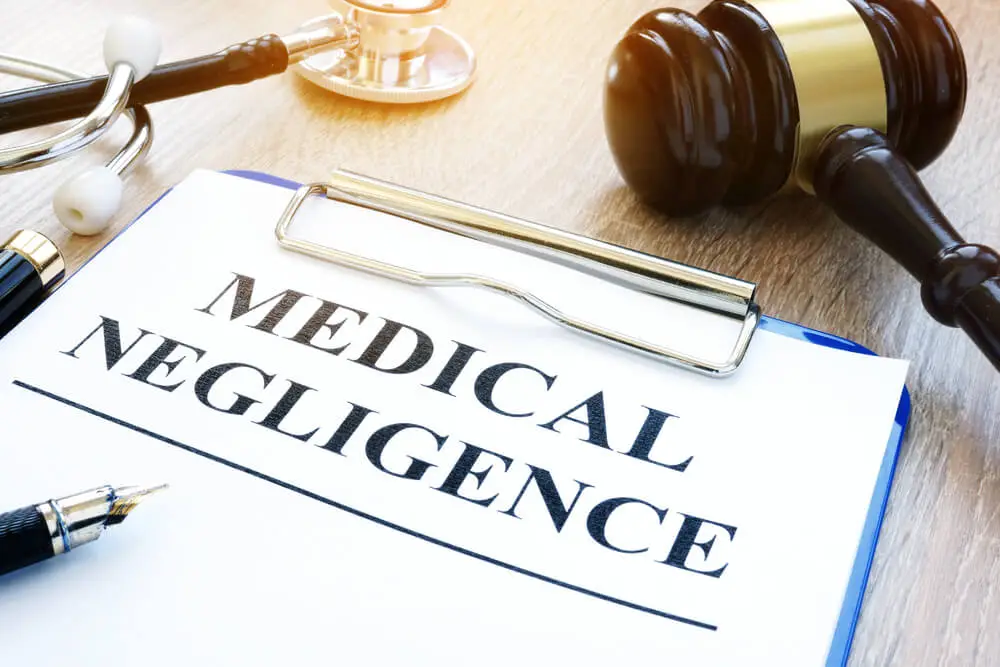
Medical Negligence Solicitors Clondalkin & Rathgar, Dublin
Medical Negligence
A medical negligence claim* may arise if you have suffered an injury or ongoing pain as a direct result of medical mistreatment, lack of practitioner care, or misdiagnosis.
Call 01 4030777, email: info@howellsolicitors.ie, or contact us here.

Medical Negligence* Services:
- Brain and Spinal Injuries*
- Birth Injury & Neonatal*
- Cosmetic/Plastic Surgery*
- Surgical errors*
- Obstetric/gynaecological Injuries*
- Misdiagnoses claims*
- Deputy Hip Recall*
- Hep C claims*
- Dental Injury claims*
- GP claims*
If you require advice in this area, please call us on 014030777 or email info@howellsolicitors.ie. We will be happy to provide details of how we may be of assistance to you.